Economy
Korea aims for zero-use of plastic cups, straws at coffee shops
The Ministry of Environment and nine other related ministries submitted a 10-year plan for resources recirculation in a Cabinet meeting following the effectuation of a new related law in January.
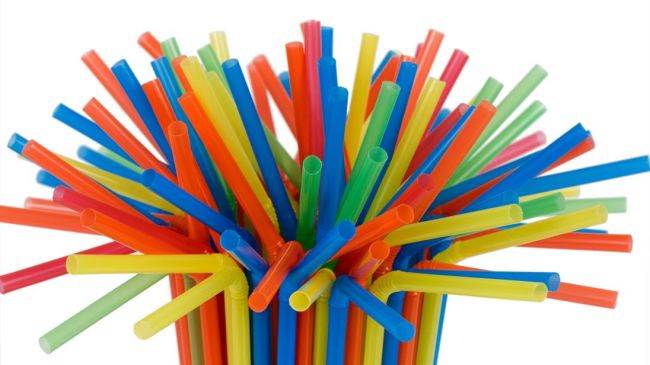 |
The policy aims to apply waste reduction steps to the whole process of production, consumption, management and recycling, as opposed to the previous system primarily focused on recycling after use.
The report includes a plan to reduce disposable plastic cups and straws and replace them with reusable ones, with an aim to bring their usage to zero by 2027.
Unnecessary, excessive wrapping of products in hypermarkets, grocery stores and parcels will also be restricted.
The government will reduce food waste by obliging more apartment complexes to install a Radio Frequency Identification waste bin.
A RFID waste bin enables individual households to be charged for its food waste disposal by measuring the weight of the waste.
The government plans to apply the RFID system in single houses and restaurants over the next 10 years.
In addition, some 3,500 companies deemed to generate massive waste will be required to draw up their own mid- to long-term plans on minimizing the waste.
Other measures include requiring waste collecting companies to install a GPS device on their vehicles to prevent them from making illegal disposals, improving processing facilities for harmful waste and upgrading facilities for recyclables.
Through the measures, Korea expects to reduce the amount of waste by 20 percent and raise the real recycling rate from current the 70 percent to 82 percent by 2027, the government said.
By Song Seung-hyun and newswires (ssh@heraldcorp.com)


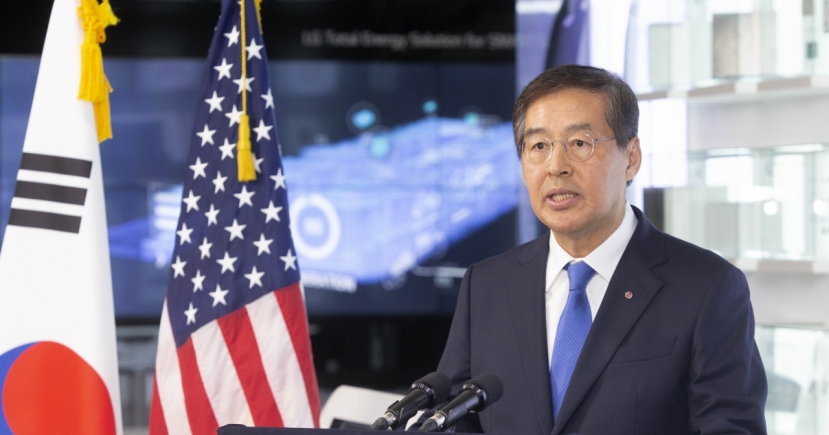
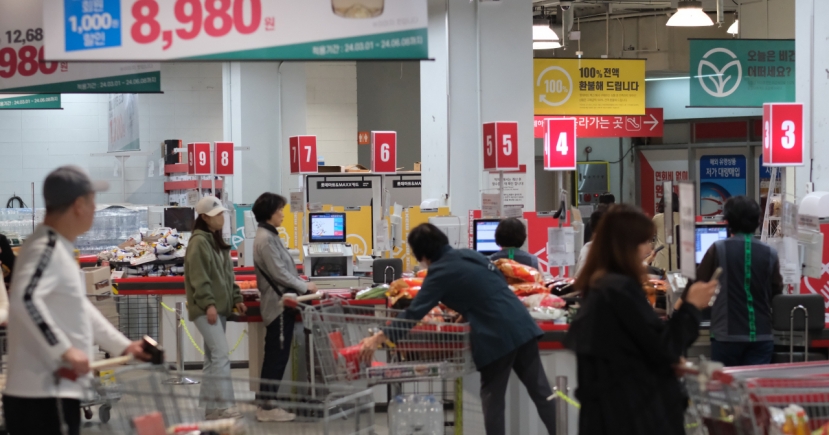
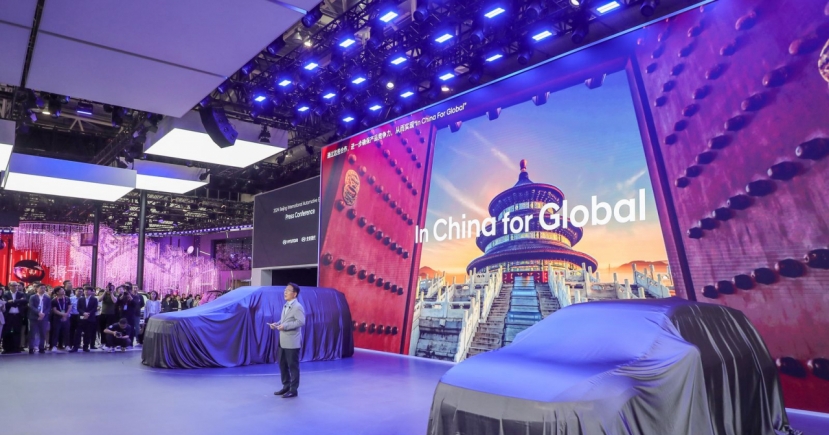
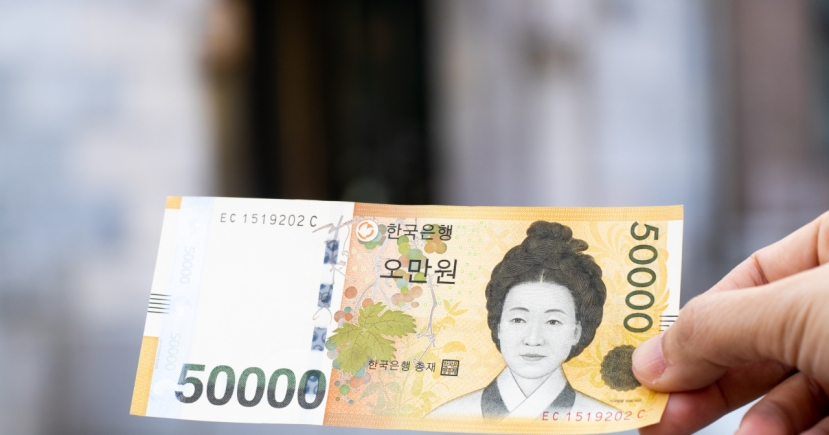
![[KH Explains] Korean shipbuilding stocks rally: Real growth or bubble?](http://res.heraldm.com/phpwas/restmb_idxmake.php?idx=151&simg=/content/image/2024/04/25/20240425050656_0.jpg)
![[Hello India] Hyundai Motor vows to boost 'clean mobility' in India](http://res.heraldm.com/phpwas/restmb_idxmake.php?idx=151&simg=/content/image/2024/04/25/20240425050672_0.jpg)
